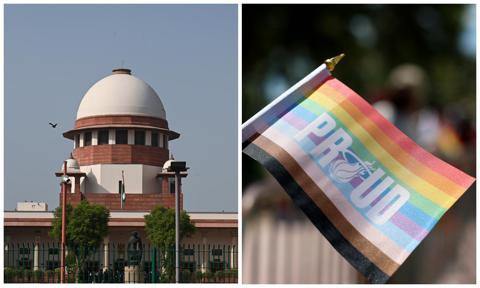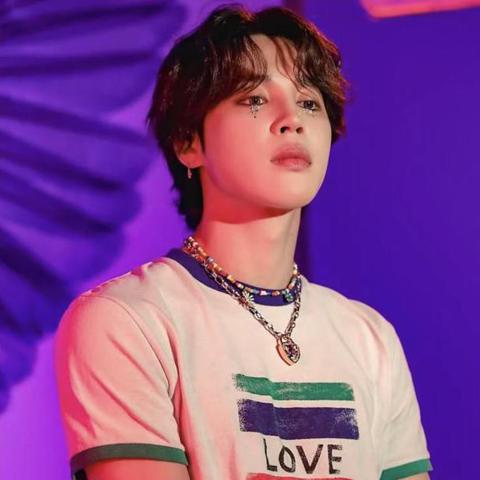
The Indian Supreme Court is currently in the midst of a heated debate regarding the legalisation of same-sex marriage, with the hearings being streamed publicly. LGBTQ+ activists and same-sex couples are hoping for a favourable verdict, while the government and religious leaders are firmly opposed to the idea.
As the hearings began on Tuesday, both sides presented their arguments with great passion. The petitioners‘ legal representatives argued that marriage is not just a union between a man and a woman, but between any two people. They further stated that laws should be updated to reflect the evolving concept of marriage and that same-sex couples desire the dignity and respect that comes with marriage.
On the second day of the hearing, Solicitor General Tushar Mehta, appearing for the Centre, filed a fresh affidavit, asking the apex court to make all the states and Union Territories in the country a party to the ongoing proceedings. Senior Advocate Mukul Rohatgi, who is representing the petitioners, told the bench that the LGBTQ community wants “real rights in day-to-day life”.
Following the decriminalisation of homosexuality in 2018, the push for legalising same-sex marriage in India has taken centre stage. Advocates for the queer community and their allies have been tirelessly working towards creating a safer and more inclusive space for individuals of all sexual orientations. It goes without saying that the fight for equality cannot be considered complete without addressing the issue of marriage.
Traditionally, those in power have associated a “family unit” with heterosexual partners, but the winds of change seem to be blowing. A new era of progress and acceptance may be on the horizon.
This week, a five-judge panel at the Supreme Court of India commenced hearings on the issue of same-sex marriages. The panel comprises Chief Justice DY Chandrachud, along with justices S.K Kaul, S. Ravindra Bhat, P.S Narasimha and Hima Kohli.
The arguments against the petitioners in the same-sex marriage case are centred around the belief that such marriages go against the traditional social and cultural values of India. The central government initially dismissed the concept of same-sex marriage as being limited to “urban elites” and not reflective of the country’s social ethos.
Furthermore, opponents argue that legalising same-sex marriage would lead to the creation of a new institution beyond the established concept of heterosexual union. Earlier arguments against same-sex marriage were made on the basis of Indian culture, asserting that it cannot be compared to the traditional Indian family structure of a husband, a wife, and their children.
The petitioners in this case consist of a diverse group of 51 individuals, including 25 women (21 cisgender and 4 transgender), at least 18 of whom identify as lesbian, queer, or bisexual. Additionally, there are 24 men (21 cisgender, 2 trans-masculine, and 1 transgender), at least 21 of whom identify as gay, queer, or bisexual. There is also one non-binary petitioner, one genderqueer petitioner, and an intersex petitioner.
During the hearings, the opposing sides strongly presented each of their arguments. While the petitioners argued that laws should be changed to reflect that concepts of marriage have changed over time and that same-sex couples also desire the respectability of marriage, Solicitor General Tushar Mehta, representing the government, questioned the court’s right to hear the matter and stated that only the parliament could discuss the socio-legal issue of marriage.
However, the judges decided to look into whether the Special Marriage Act of 1954, which allows marriages between people of different castes and religions, could be amended to include the LGBTQ+ community. The court has instructed both sides to complete their arguments by April 20.
Dr Kavita Arora and Ankita Khanna, a same-sex couple who have been waiting for years to marry, are among the 18 couples who have petitioned the Supreme Court on this matter, some of whom are even raising children together. They have been partners for over a decade but are still unable to marry, something most couples aspire to.
There is hope for a favourable outcome as Chief Justice DY Chandrachud has called the case a matter of “seminal importance” in previous hearings and has been inclusive in his statements on the topic. If the decision goes in favour of the petitioners, India will become the 35th country in the world to legalise same-sex unions.
- Quick links
- LGBTQ
- LGBTQ community
- Supreme Court






